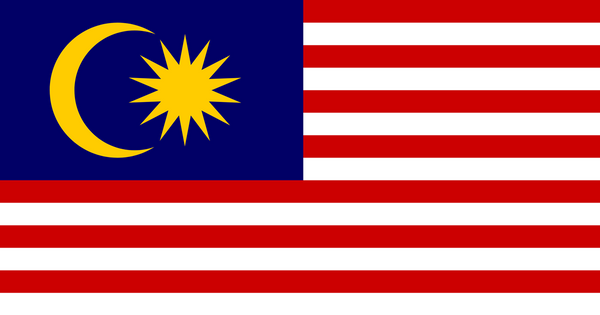Malasia prevé ejecutar a más personas por delitos de drogas
La pena de muerte, que constituye un ejemplo extremo de las formas perversas en que los Gobiernos castigan a las personas sospechosas de estar implicadas en asuntos de drogas ilegales, todavía se utiliza en varios países de todo el mundo, como Malasia. Más información, en inglés, está disponible abajo.
Last month, six people were sentenced to death for drug trafficking by a Malaysian court. Two are Malaysian and the rest are Indian nationals – another country that maintains the death penalty for drug offenses. While Malaysia has taken steps to make the death penalty for certain drug offenses non-mandatory, slow implementation of the law and the retention of the death penalty means that many more will executed in the name of the war on drugs.
The six people are among hundreds facing capital punishment for drug law violations in Malaysia. And among hundreds more in the region. Less than two months ago, China executed seven people for drug offenses, in front of thousands of onlookers. And just a few years ago, Indonesia executed eight people for drug offenses, despite repeated pleas for mercy from family members, citizens, human rights organizations, the United Nations and governments from around the world.
Even here in the U.S., where the death penalty isn’t applied for drug offenses, the current opioid overdose crisis has led to more criminalization of people who sell drugs. The Governor of the state of Florida recently signed a bill which would expand the definition of first degree murder – a crime for which the death penalty can be applied in the state – to include selling a lethal dose of the opioid, fentanyl.
The United Nations opposes the use of the death penalty for drug law violations, and has repeatedly upheld that using the death penalty to enforce drug laws violates international law. International law limits the application of the death penalty to the “most serious crimes” which does not include drug use, sales, or trafficking.
